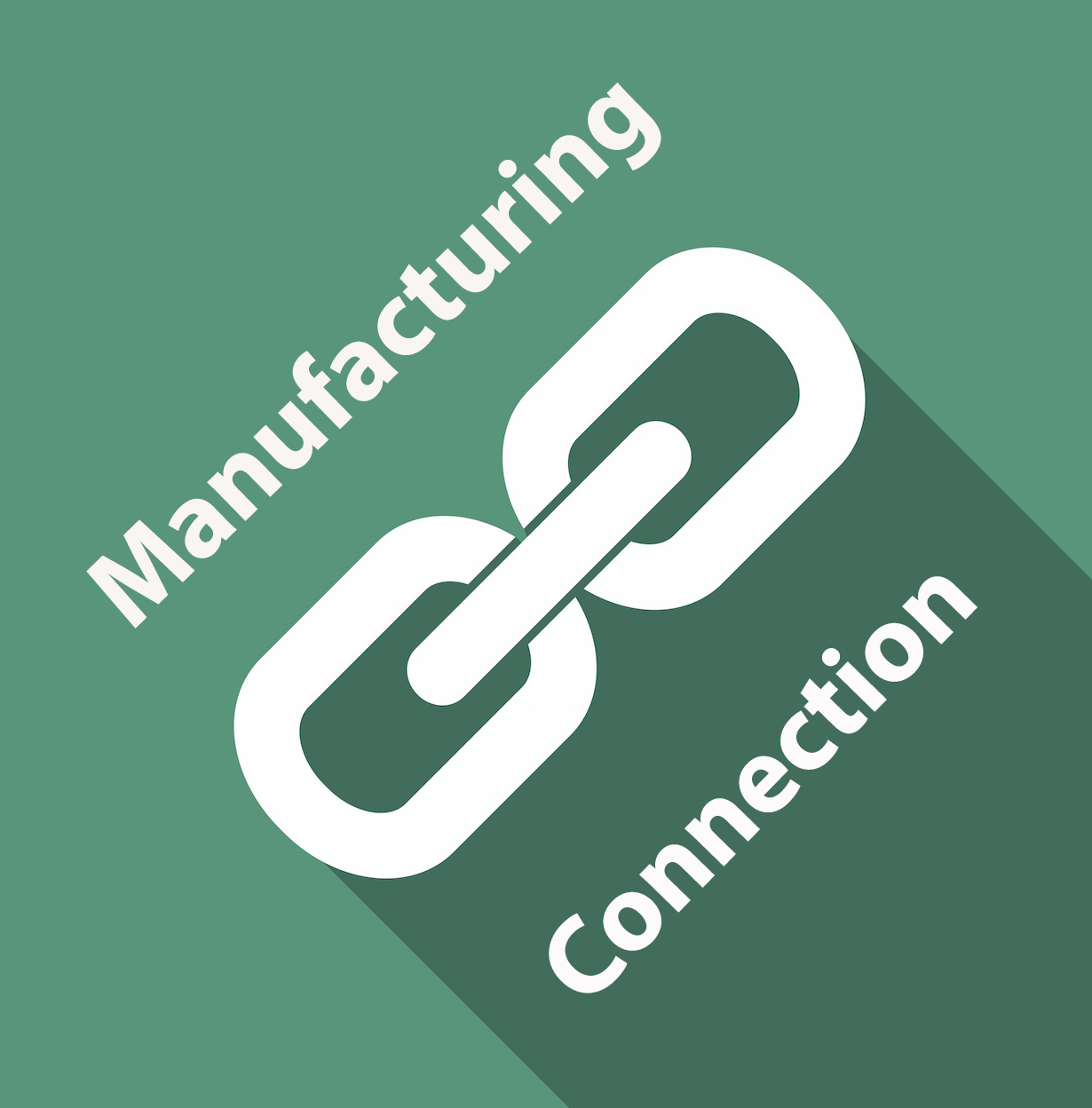
Innovate or Die, But What Is Innovation?
 Do you sometimes feel that the term “innovation” has been totally captured by corporate spin doctors and marketing managers?
Do you sometimes feel that the term “innovation” has been totally captured by corporate spin doctors and marketing managers?
I live in a world of press releases. Almost every company and/or product is innovative. The word repeats so often that it loses its power. The mind can grow numb to the term–eyes just glossing over the term.
Somewhere along the line, Naseem Javed, a corporate philosopher and founder of the Image Supremacy Movement, “LinkedIn” with me. I think he’s trying to sell me a program. I’m not in that business, but I am in the business of finding useful information and sharing it.
He recently sent me a note about an article he had published in Leaders in the Middle East, “Innovate or Die.”
He said, “Innovation, on the other hands, as a label is almost useless, when applied as a fancy bandage to fix old processes and produce odd shod things. Innovation is best as an outcome of intricate and collaborative processes inspired by entrepreneurial excellence, deeply roots into vision and imagination, incubated with drive, refined with talents but all along under a long term master strategy. Here innovation becomes a life style and not a procedural checklist to justify a bonus.”
Often, he notes, the program is innovation in name only. Like a feel-good exercise with no substance. Somehow I seem to be reminded of sessions like that in my corporate career.
“True innovative excellence can only be discovered in deep calm;” he continues, “where understanding of the new global age issues and core competencies are juxtaposed to achieve something very remarkable. True innovations are the application of foresights, wisdom, and global age smartness surrounded by global age execution under entrepreneurial goals. It can be an easy exercise if all the ingredients are well understood. Impossible when random processes are exploited in the dark.”
Javed contrasts what he calls hard asset issues with soft asset issues. “Successful programs like TQM, Balance Scorecard and Six Sigma dramatically improve quality and performance. They are designed to rightfully calibrate the hard asset issues of production. There is a serious lack of three dimensional modeling for soft asset issues, like vision, innovative thinking enveloping all production issues. These image supremacy rules challenge current methods and offer checklists to assess the need of newer, soft power agenda-centric approaches.”
This is a great image, “Innovation without entrepreneurial forces is like a paint primer applied to a garage door, but to roll out a formula car from that same garage is what the challenge all about.”
Where are you with your “innovation program?” Or, can you say that you are a truly innovative company? I’ve devoted much of my career to that issue–sometimes successful, sometime not so much. But that is where the fun is.





